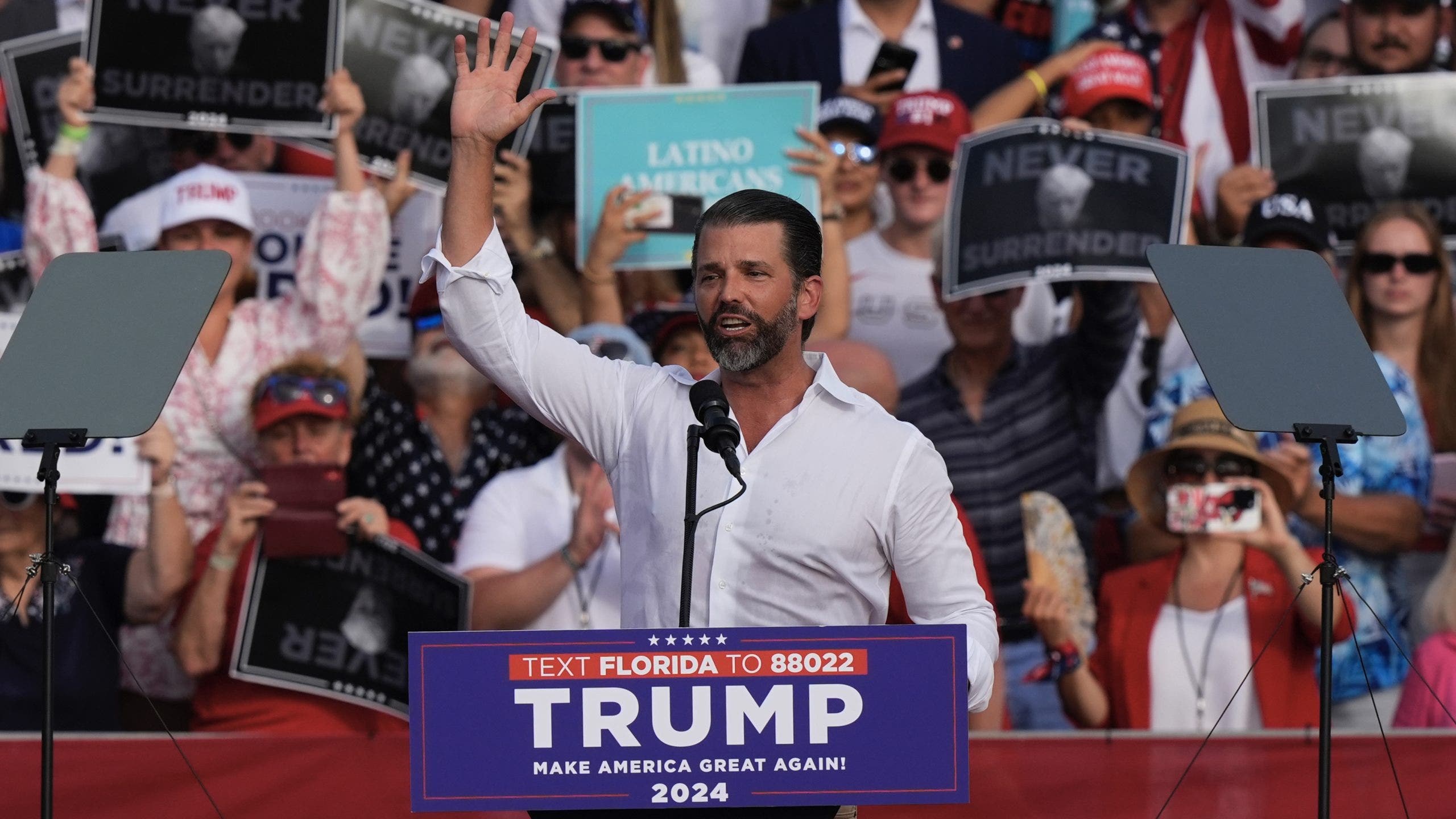On November 9, 1989, a hulking symbol of communist oppression came tumbling down as the German people united to tear the Berlin Wall to the ground. 35 years later, it’s worth reflecting on this seminal event in world history and the developments that led to it as the West continues to battle the new manifestations of Marxist-Leninist ideology.
One of the most important precursors to the fall of the Berlin Wall occurred just five days earlier on November 4 in neighboring Poland. There, 161 legitimately elected representatives approved by the anti-communist Solidarnosc movement were allowed to be seated in the 460-member Polish Parliament following elections that June – the first semi-free elections in the Eastern Bloc since the end of World War II. The spectacle of citizens casting ballots in the heart of the Soviet Union exposed the cracks in the regime that would shatter the entire system less than a week later.
Those elections were the result of negotiations between the Communist government and Solidarity movement leaders earlier that spring following nearly a decade in which the government had imposed martial law and forced Solidarity underground. Amid mounting public unrest and a growing economic crisis, the Communist Party agreed to legalize Solidarity and hold elections in which 35 percent of the seats in the Sejm (the lower house of the Polish Parliament) would be open for competition. The remaining 65 percent would be reserved for the Communist Party and its allies. The entirely new Senate would also be elected freely.
Solidarity launched into a historic campaign run primarily out of church halls. While Communist Party candidates enjoyed a significant financial edge and control of the media, Solidarity was relegated to off-peak hours and struggled to even obtain enough printed campaign materials.
Nonetheless, the result was an overwhelming victory for Solidarity, with its candidates winning nearly all available seats in the Sejm and 99 out of 100 seats in the Senate.
Though the Communists retained a majority in the Sejm by design, they soon found it difficult to govern without legitimacy or support. Tadeusz Mazowiecki, a Solidarity advisor, became Poland’s first non-communist prime minister since World War II in August 1989. These elections in Poland became the first domino to fall in the collapse of the Soviet Union.
For 43 years, the Polish Communist Party had cynically claimed that there was no need for such outmoded institutions as democracy because everyone was “equal” and enjoyed the same rights and programs. This lie was relentlessly pushed by the Soviet propaganda machine and in schools.
A particularly perverse part of this lie was that the Polish people all had economic equality. Despite the Party claiming that all employees earned what was “just,” essential items like food, clothing, and other goods were scarce and frequently in short supply. In stark contrast, Communist Party officials and the nomenklatura enjoyed abundant resources and luxury goods.
“Those disconnected from the regime face inequality at every stage of life, even in an agonizing socialist system,” Professor of Philosophy and Political Sciences Gianpaolo Nascimbeni, who advised on Marxist ideology for Democrazia Cristiana’s leadership in the late 1980s, told me.
“So-called ‘economic equality’ was a central tenet of Communist ideology, provoking ongoing envy and dissatisfaction,” added Austrian Professor of History and Philosophy Adalgiso von Kruger. “It resembled a mirage in the desert that travelers desperately try to reach, ultimately leading them to failure.”
The Polish people – and later citizens from throughout the Eastern Bloc – rose up and overthrew this unjust system, a revolution of which the fall of the Berlin Wall became a defining symbol.
But while walls and evil empires could be destroyed, the ideas underpinning Marxist-Leninist ideology have proven more difficult to eliminate.
Many freedom fighters who relentlessly opposed socialism were deeply shocked to find it already taking root in Western Europe after the fall of the USSR. One such case was that of Uwe Holzmann, a car mechanic from Dresden and anti-communist opposition leader, who shared with me how he went through the Brandenburg Gate to apply for a job in Munich.
Upon his arrival, Holzmann was offered not a job but a welfare package. If Holzmann agreed not to seek employment, he would receive a monthly payment equivalent to his five-year salary, annual two-week paid vacation, free healthcare, veterinary services for his dog, complimentary local transportation, and subsidized accommodation. Officially, he would be employed.
“I was astonished when the lady referenced a political economy handbook that all students had mocked,” Holzmann, who relocated to work in Spain, said. The handbook stated that the state owes all workers a “dignified life” – a phrase eerily similar to those touted by the Soviet regime, where workers had anything but a dignified life.
“Western intellectuals’ flirtation with the myth of the ‘progressive’ nature of the Soviet Marxist regime is grotesque” said Professor Nascimbeni. “That regime invested more resources than any in history to create a misleading perception of ‘equality’ for their citizens and the world.”
For all their faults, the leaders of the socialist regimes behind the Iron Curtain understood something which Western socialists to this day fail to grasp – state-mandated “economic equality” is a fantasy, and only leads to hardship and struggle. The more the government tries to force equal outcomes, the poorer and more unequal a society will become.
“Economic equality” and Western socialists’ ideas about the working class derive from Marxist ideology. Under Marxism, people’s relationships to one another are defined more by class than by any other factor – even national ties. Economic equality, the Marxist claims, is the ultimate result of complete societal revolution, which will occur when workers rise up and seize the means of production.
As Professor von Krüger stressed, this view is not only distinct from, but in direct conflict with, the belief in equal opportunity and meritocracy, which will inevitably lead to different outcomes based on skill and work ethic.
Donald Trump’s sweeping victory on November 5 was the American people choosing equal opportunity over forced equal outcomes. Voters rejected the socialist economic policies advanced by Kamala Harris and embraced Trump’s agenda, which emphasizes creating opportunity for all. “Trump’s accomplishments dispel Marxist illusions more effectively than any theoretical argument,” said Professor Nascimbeni.
Nonetheless, Americans should not forget the lessons of history. Germans, Poles, and millions of other freedom-loving peoples gave everything they had, in some cases even their lives, to defeat Soviet Union. Their sacrifice should serve as an eternal reminder to reject socialism, no matter where it appears.
Ben Solis is the pen name of an international affairs journalist, historian, and researcher.
Read the full article here










